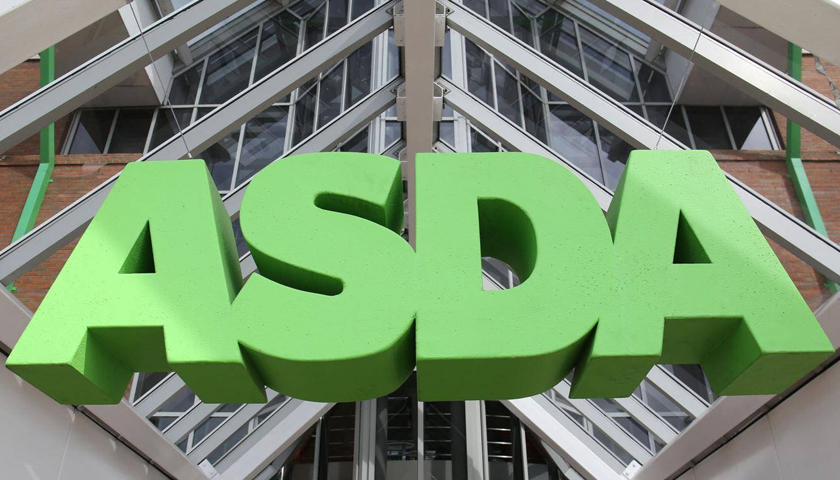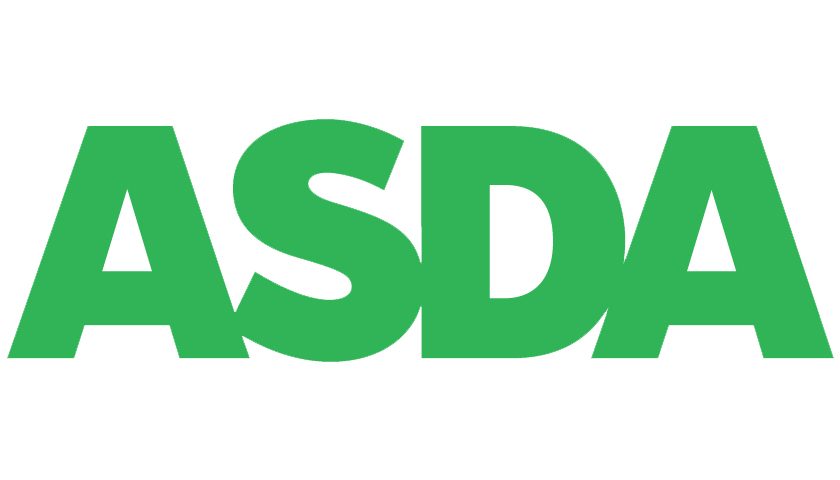Low income households continue to be disproportionately affected by the cost of living crisis, as the latest Asda Income Tracker shows that 40% of the UK’s 28m households* had negative discretionary income last month – meaning their take home pay doesn’t cover the cost of their bills.
Despite wages going up by almost 3% compared to this time last year, households in the lowest-income quintile had a shortfall of £72 a week last month after paying for essentials such as accommodation, energy, clothing and food.
They have seen their discretionary income fall by over 66% compared to February last year while the second lowest quintile also did not have enough money to cover essential bills, as their discretionary income has fallen by 112.5% compared to last February.
Low income households spend a disproportionately larger share of their income on essentials, so increasing inflation and the removal of the Energy Bills Support Scheme means their discretionary income could be further impacted in the coming months.
Discretionary income has decreased for all quintiles albeit at a less severe rate for higher income households, with the highest quintile’s reducing by just 2.5%, which is mainly due to a 5.2% increase in wage growth year-on-year in February.
On average, disposable income dropped to an average of £207 a week, which is a year-on-year reduction of 12.2%.
Asda continues to invest to keep grocery prices in check for customers. Throughout 2022, the supermarket was consistently the best-value traditional supermarket, topping the Grocer 33 weekly price comparison survey 37 out of 50 times, and the Which? ‘big shop’ price survey every month.
It also recently announced that its hugely popular ‘Kids Eat for £1’ café meal deal will be extended to include the Easter Holiday period and refreshed with a more nutritionally balanced offer and additionally providing a free piece of fruit.
The supermarket launched the offer for kids under 16 to enjoy a hot meal in any of its 205 cafes in June 2022 and has now served more than 1.3m meals nationwide.
Asda has also launched a new initiative to lock the prices on hundreds of popular branded and own label products, until the end of the summer.
The Asda Income Tracker is a measure of ‘disposable income’, reflecting the amount remaining after the average UK household has had taxes subtracted from their income and bought essential items such as: groceries, electricity, gas, transport costs and mortgage interest payments or rent. The Income Tracker measures the amount left over to spend on discretionary purchases such as leisure and recreation goods and services.
*Statistic taken as 40% of 28m households from the Office of National Statistics – https://www.ons.gov.uk/peoplepopulationandcommunity/birthsdeathsandmarriages/families/bulletins/familiesandhouseholds/2021

